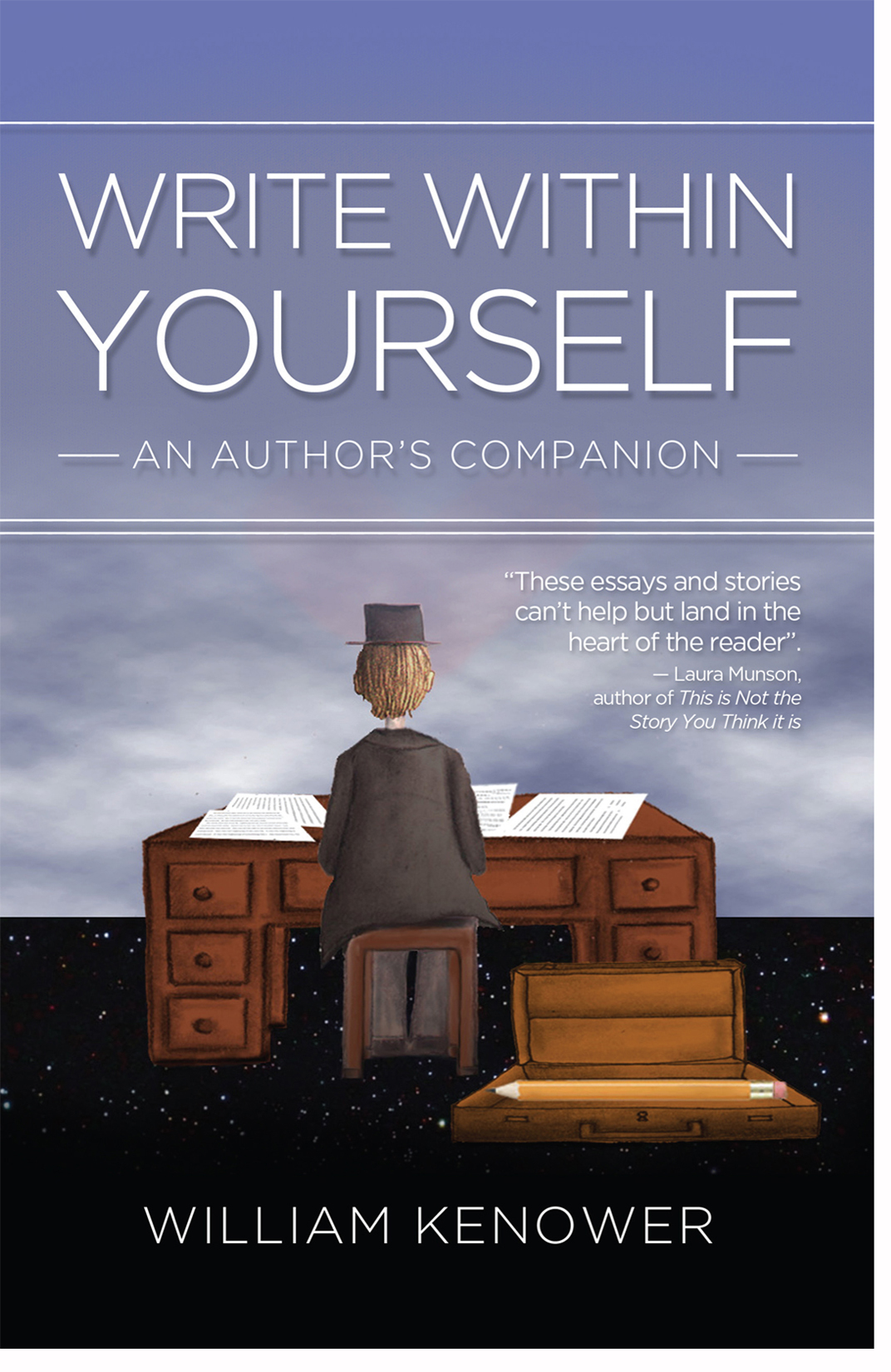Back To Life
I have a book coming out in May. In fact, I know the exact date it will be published: May 14. My editor has gone through it and made her suggestions and corrections, and the copy editor went through and made her corrections and suggestions, so I now know what will be in the book and what has been taken out. I’ve also seen the cover, so I know what it will look like. What I don’t know, however, are how many copies it will sell, what kind of reviews it will get, or what speaking opportunities it will spawn – and that is where the trouble always starts. It was fun working on the book, because every day I did so I asked myself questions I could answer. Every day I asked, “What does it really feel like to trust?” or, “What’s the most useful thing I could say about fear?” or, “What’s a good example of a time I doubted myself?” The answers always came -- and usually rather quickly. How miserable I’d have been if they hadn’t. I wouldn’t have been able to write the book. Actually, I simply wouldn’t have written the book. There’s absolutely no fun in asking a question to which the only answer is, “I don’t know.”
And yet in my idle hours, which there are more of now as I scour about for my next book project, I sometimes find myself asking questions like, “I wonder how the book will sell?” or, “Where could I give a talk about the book?” The answer to these questions is always, “I don’t know.” In these moments, I am reminded of conversations I have fallen into about death and the afterlife. For some people, the fact that we cannot know empirically what waits for us beyond that portal means that nothing waits for us. If we cannot see it, touch it, or taste it, then it simply cannot exist.
This point of view is an untenable relationship to the future for a writer, I traffic every day in stuff that cannot be seen, touched, or tasted, only imagined. In fact, that “real” world, the world where my book is published, where people can hold it in their real hands and see it with their real eyes, can seem at times more mysterious to me than the imagined world from which the book was born. That imagined world, after all, is where the questions I most like to ask are answered.
Fortunately, asking myself questions about the real world and what the future will look like there is no fun at all. Fortunately, I lose interest in it almost as soon as I begin. This loss of interest sometimes takes the form of despair or pessimism, but that is only a consequence of me trying to give meaning to the meaningless. So I sulk about, dragging a nameless weight about with me, wondering why the world is such a dull place.
Until I find myself back at my desk asking questions I can answer. Ernest Hemingway wrote, “Work solves everything.” I thought it was a stupid thing to write when I first read it, but I now believe he was onto something. Work, for me, does not so much solve everything, but it does remind me there is nothing to solve. It connects to me what I have sought connection to in my despair and frustration and uncertainty, that source of answers to all the questions I ask. It brings me back to myself, back to what I know and what I know I want to learn, back to life after a short trip into the death-world of a future I am not meant to know.
Write Within Yourself: An Author's Companion.
"A book to keep nearby whenever your writer's spirit needs feeding." Deb Caletti.
You can find William at: williamkenower.com


